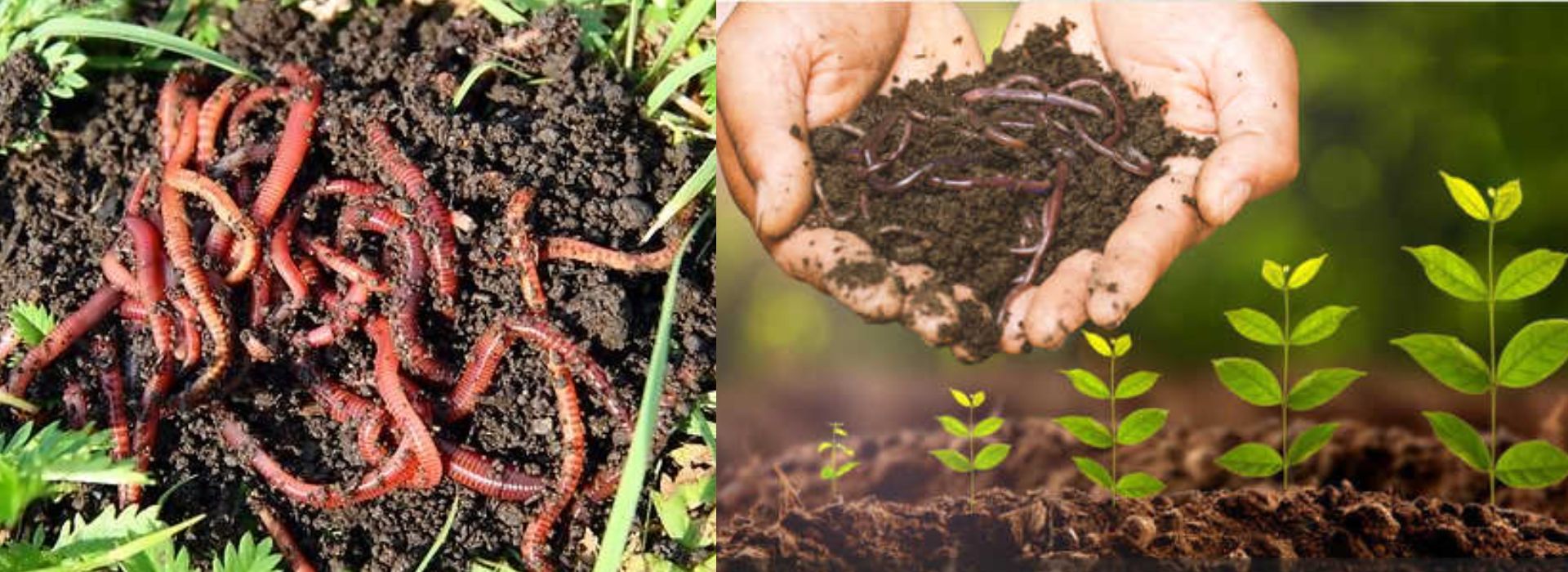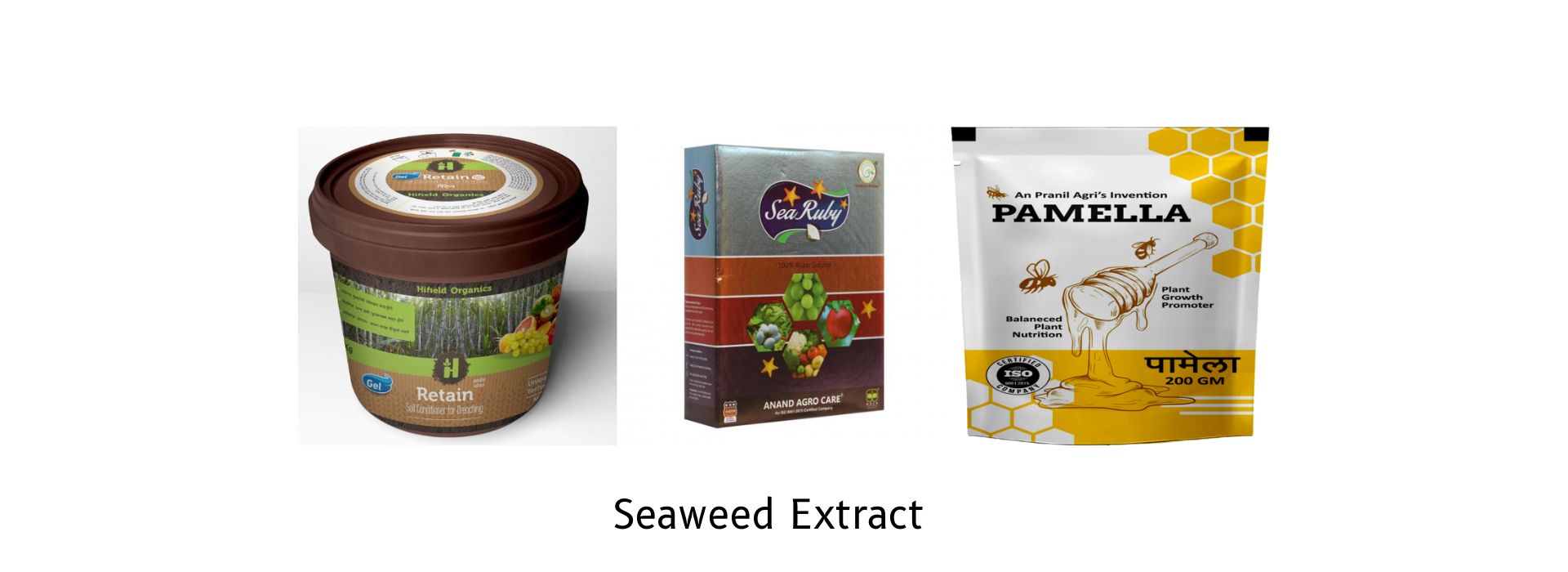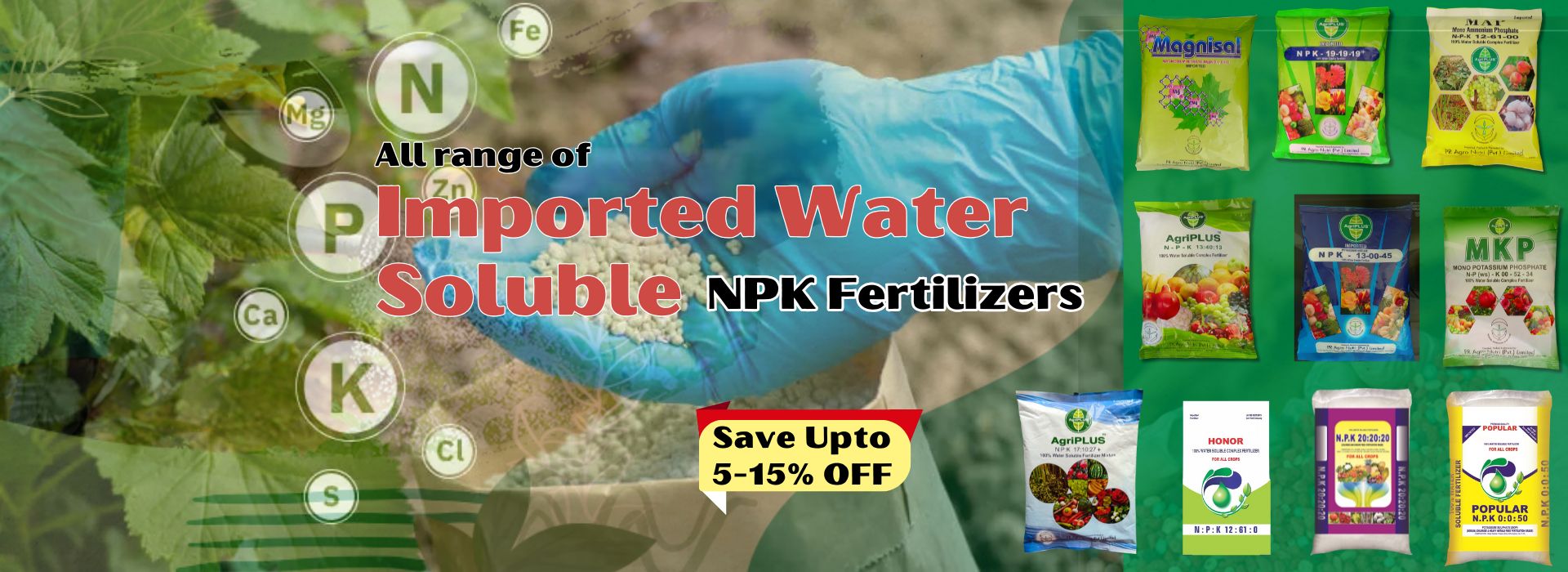How the Earthworms help farmers to enhance the Soil Fertility and Sustainable Agriculture in India
September 11, 2024How the Earthworms help farmers to enhance the Soil Fertility and Sustainable Agriculture in India
In the heart of India's agricultural landscape, earthworms
are emerging as silent yet vital partners for farmers. These unassuming
creatures, often called "nature's ploughmen," have the ability to
transform the health of the soil, driving sustainable agricultural practices
across the country. With the growing concern over soil degradation and the
excessive use of chemical fertilizers, earthworms offer a natural and
eco-friendly solution that rejuvenates the land, increases crop productivity, and
supports long-term agricultural sustainability. Here's how these humble
creatures are helping Indian farmers improve their soils and adopt more
sustainable farming practices.
1. Vermicomposting: Turning Waste into Gold
One of the most significant contributions earthworms make to
agriculture is through vermicomposting. Vermicomposting is the process
by which earthworms break down organic matter—such as farm waste, manure, and
crop residues—into nutrient-rich compost known as vermicast or worm
castings. This natural fertilizer is teeming with essential nutrients like
nitrogen, phosphorus, and potassium, all of which are critical for healthy
plant growth.
For farmers in India, vermicomposting offers a way to recycle
farm waste into a valuable resource, reducing their reliance on expensive
synthetic fertilizers. The compost produced by earthworms not only enriches the
soil but also helps in retaining moisture, improving crop yield, and promoting
sustainable farming practices.
2. Soil Aeration and Water Retention
One of the key benefits of earthworms is their ability to
improve soil structure through their burrowing activity. As earthworms move
through the soil, they create small tunnels, which help aerate the soil and
allow water to penetrate deeper. This improved soil aeration boosts the growth
of plant roots, making it easier for crops to access water and nutrients.
For farmers, especially in drought-prone regions of India,
this is crucial. By increasing water infiltration and retention, earthworms
help mitigate the effects of water scarcity, ensuring that crops can survive
and thrive even in less-than-ideal conditions. This makes earthworms a valuable
ally in India's battle against climate change and unpredictable weather
patterns.
3. Enhancing Soil Fertility Naturally
Chemical fertilizers may offer a quick boost to crop
production, but their overuse has led to a decline in soil health, reducing its
ability to sustain long-term agricultural productivity. This is where
earthworms play a transformative role. Their digestive systems break down
organic matter into simpler forms, enriching the soil with nutrients in a way
that is natural and sustainable.
Earthworm castings are rich in essential plant nutrients and
beneficial microorganisms that help restore the soil's fertility. The slow
release of nutrients from vermicast ensures that plants have a steady supply of
what they need, without the risk of nutrient leaching or soil depletion. This
natural enhancement of soil fertility can lead to healthier crops and more
sustainable farming cycles over time.
4. Boosting Soil Biodiversity
Healthy soil is a living ecosystem, teeming with a variety of
organisms that contribute to its fertility and structure. Earthworms play a key
role in promoting soil biodiversity by improving conditions for other
beneficial organisms, such as bacteria, fungi, and nematodes, to thrive. These
microorganisms help break down organic matter, cycle nutrients, and protect
crops from harmful pathogens.
By fostering this rich biodiversity, earthworms create a
healthier, more balanced ecosystem within the soil. For Indian farmers, this
means fewer pests and diseases and less need for chemical pesticides, further
supporting sustainable agricultural practices.
5. Reducing Dependence on Chemical Inputs
One of the biggest challenges facing Indian agriculture today
is the over-reliance on chemical fertilizers and pesticides, which has led to
significant soil degradation and pollution of water resources. By integrating
earthworms into farming practices, farmers can reduce their dependence on these
harmful inputs and move toward more organic and regenerative agricultural
systems.
Vermicomposting, in particular, provides an affordable and
accessible way for farmers to produce their own high-quality organic
fertilizer. This not only cuts down on costs but also helps reduce the
environmental impact of farming. As more Indian farmers embrace the use of
earthworms, the transition toward a greener, more sustainable agricultural
sector becomes a reality.
6. Supporting Livelihoods and Sustainable Communities
The benefits of earthworms in agriculture extend beyond soil
health and crop productivity—they also contribute to the overall well-being of
farming communities. Vermiculture (the cultivation of earthworms) offers a new
source of income for smallholder farmers, who can sell vermicompost or even
earthworms to others looking to adopt sustainable farming practices.
Additionally, using earthworms to improve soil health
supports the long-term viability of farming in rural areas, preventing the need
for land abandonment due to soil degradation. This helps ensure food security
and the livelihoods of millions of farmers who depend on agriculture for their
survival.
The Path Forward: Earthworms as Stewards of Sustainability
As India seeks to meet the challenges of feeding a growing
population while preserving its natural resources, sustainable farming
practices are more important than ever. Earthworms, though small, offer a
powerful solution to many of the country's agricultural challenges. By
enhancing soil fertility, improving water retention, and fostering a diverse
ecosystem, earthworms are helping farmers across India cultivate healthier
soils and more resilient crops.
The widespread adoption of vermiculture and vermicomposting
could significantly reduce the environmental footprint of Indian agriculture,
paving the way for a more sustainable and prosperous future. As farmers
continue to recognize the benefits of these remarkable creatures, earthworms
may well become one of the most important allies in the global movement toward
sustainable agriculture.
At krishibazaar.in, you can find and buy various agricultural products. For agricultural guidance on selecting the most suitable products for your crops, please contact or WhatsApp at +917887880887






Guest reviews
No reviews found for this Blog